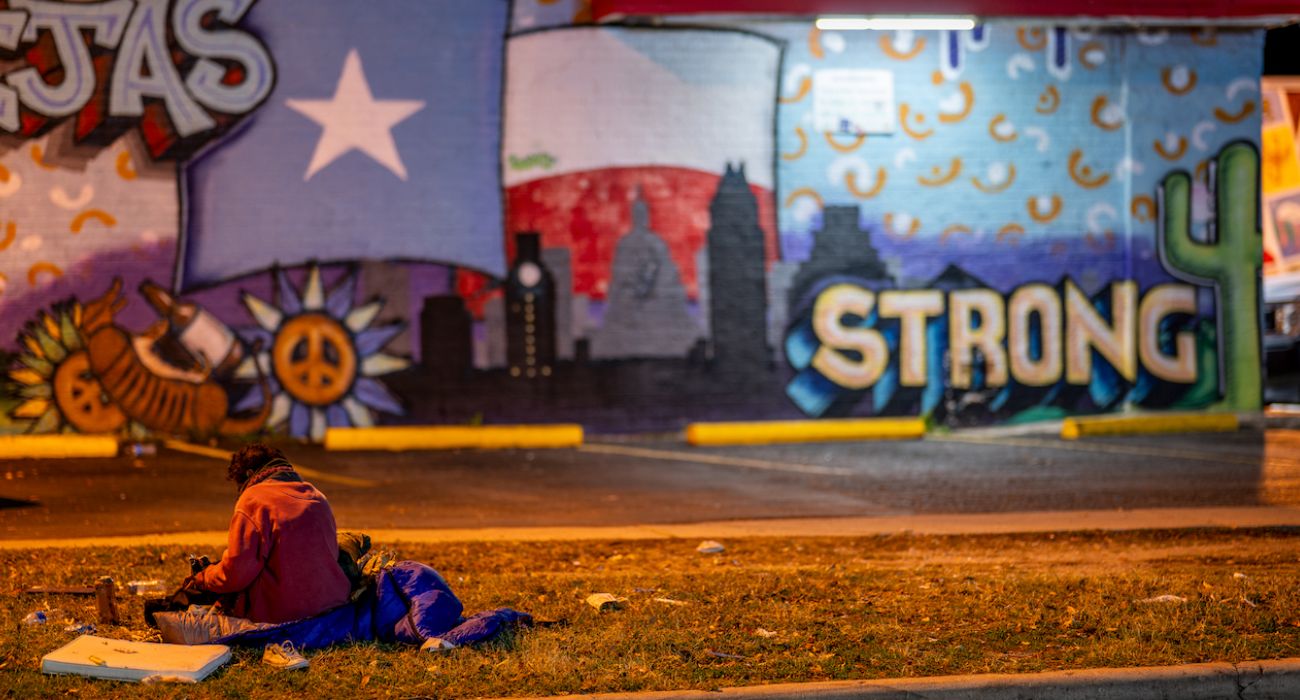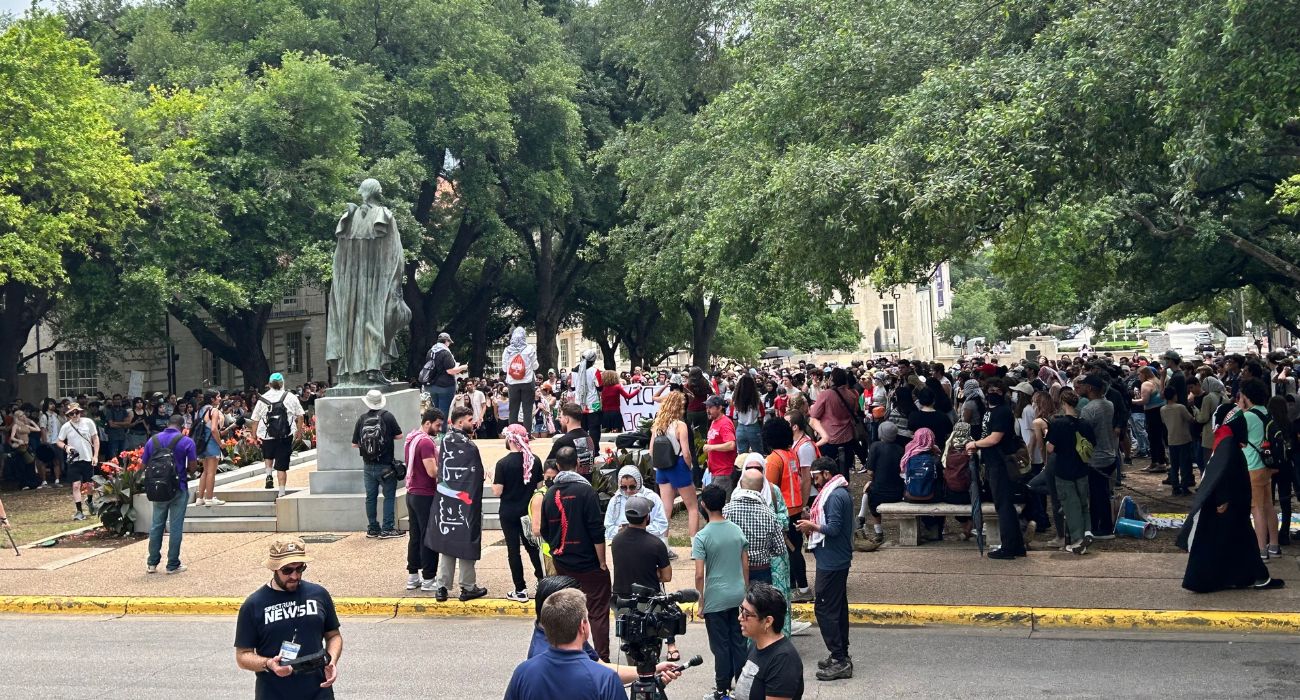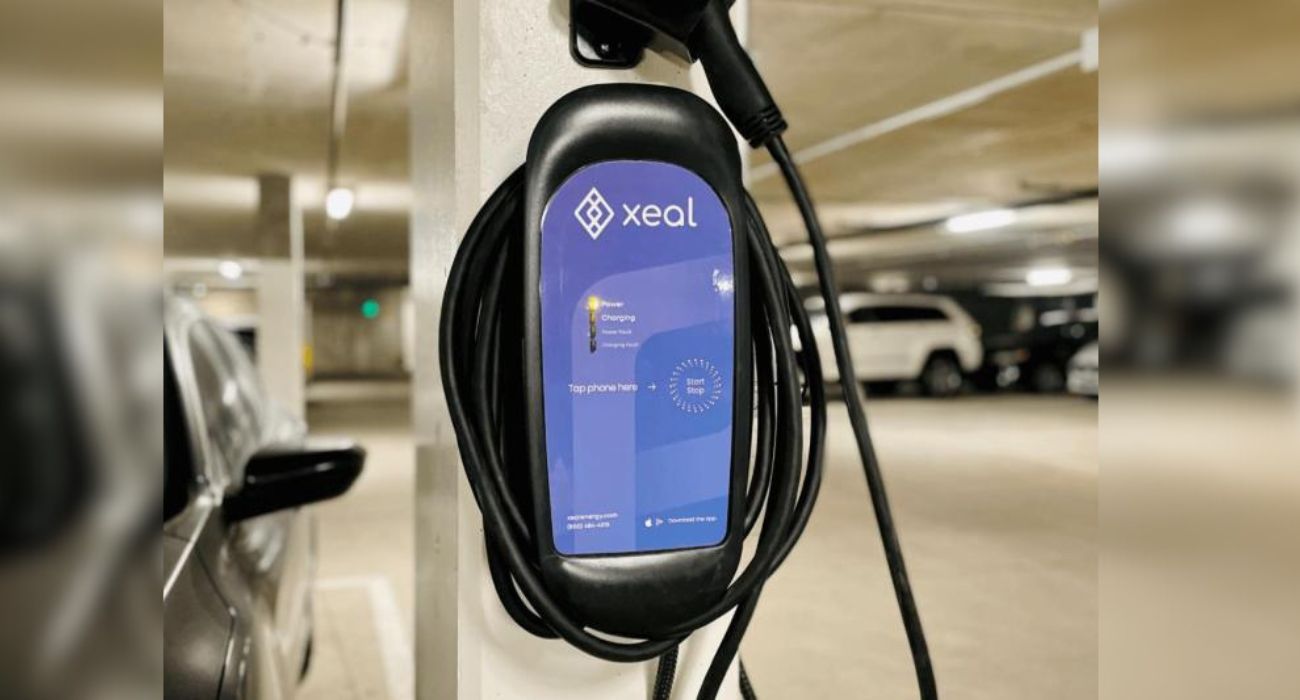Members of the Austin City Council will consider a resolution aimed at “protecting” the well-being of transgender individuals in the city at an upcoming meeting.
Despite public outcry, there will be no discussion of homelessness or the high number of homeless encampments around Austin at the meeting.
This is your Williamson Creek Greenbelt that your taxes pay for.
Demand change. pic.twitter.com/iJq5IVLmJK
— DASH (@DocumentingATX) April 22, 2024
In October 2023, an estimated 6,683 people in Austin were experiencing homelessness, both sheltered and unsheltered, which is the latest period for which data is available. In response, the City of Austin recently hired a consultant to make recommendations on how its Homeless Strategy Office could better educate the public about the work that it is doing, David Gray, Austin’s homeless strategy officer, told KXAN.
The recommendations included creating a city dashboard that the public can access at any time to see data on homelessness and see where taxpayer dollars are going.
However, posts on social media show that people want the city council to do more.
“City council proposes installing HOA of bike lanes throughout Austin instead of tackling homelessness and crime,” said X user Lobosstyle in response to an article about an April city council meeting.
“Austin was one of my favorite U.S. cities to visit. My friends there say it’s now turned into a San Francisco wanna be city thats been ruined by a mayor, city council, and rampant homelessness and open drug use. Sad,” said X user dnmarlin in response to a New York Post article about police staffing shortages in the city.
The six-page resolution concerning transgender people is posted on the May 2 city council meeting agenda. It will prohibit the use of any city personnel, taxpayer money, or resources to investigate, criminally prosecute, or impose penalties on transgender or nonbinary individuals seeking “gender-affirming healthcare” or on an individual or organization providing assistance to such individuals in their pursuit of those services.
The proposed resolution would also prevent the city from reducing the amount of taxpayer money it spends on individuals or organizations providing “gender-affirming healthcare” assistance.
“[The] City Council recognizes that families and healthcare providers in Austin are living in uncertainty and fear, and many are considering moving away or have already moved to other states to access medical care for their children or to be able to practice medicine freely in accordance with professional and ethical standards,” the resolution reads.
“It is the policy of the City to support and protect the health, welfare, and safety of individuals who identify or are perceived as LGBTQIA+ and those who provide services and support to those individuals through the vigorous enforcement of hate crime and anti-discrimination laws and providing other forms of support,” the resolution notes.
According to the proposed resolution, the city manager will be “directed to explore establishing a program or identify resources to assist Austin residents facing potential criminal punishment, civil liability, administrative penalties, or professional sanctions for providing to or assisting transgender or nonbinary individuals with healthcare or for seeking or receiving such care, including but not limited to collaboration with Travis County.”
The city manager will also be directed to implement the resolution and to report back to the City of Austin LGBTQ Quality of Life Commission and the city council within three months of its passage.
Other items on the council meeting agenda include the process for adopting administrative rules related to solid waste services in the city, a resolution approving a drought contingency plan, a resolution approving a water conservation plan, negotiations of a contract between the city and a local sobriety center, construction contracts, and other city-related matters.
Like Austin, Dallas also has a homelessness and vagrancy issue that City officials seem unwilling or unable to handle.
Polling conducted by DX indicates that some 75% of Dallas voters believe homelessness, vagrancy, and aggressive panhandling continue to be “major” problems. Respondents also appeared to support the “one-stop-shop” homeless services model used by Haven for Hope in San Antonio. The model has been credited with a 77% reduction in unsheltered homelessness in the city’s downtown area.
Some local stakeholders are looking to bring the model to Dallas. However, whether the Dallas City Council will support the initiative remains unclear.






